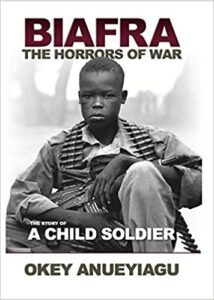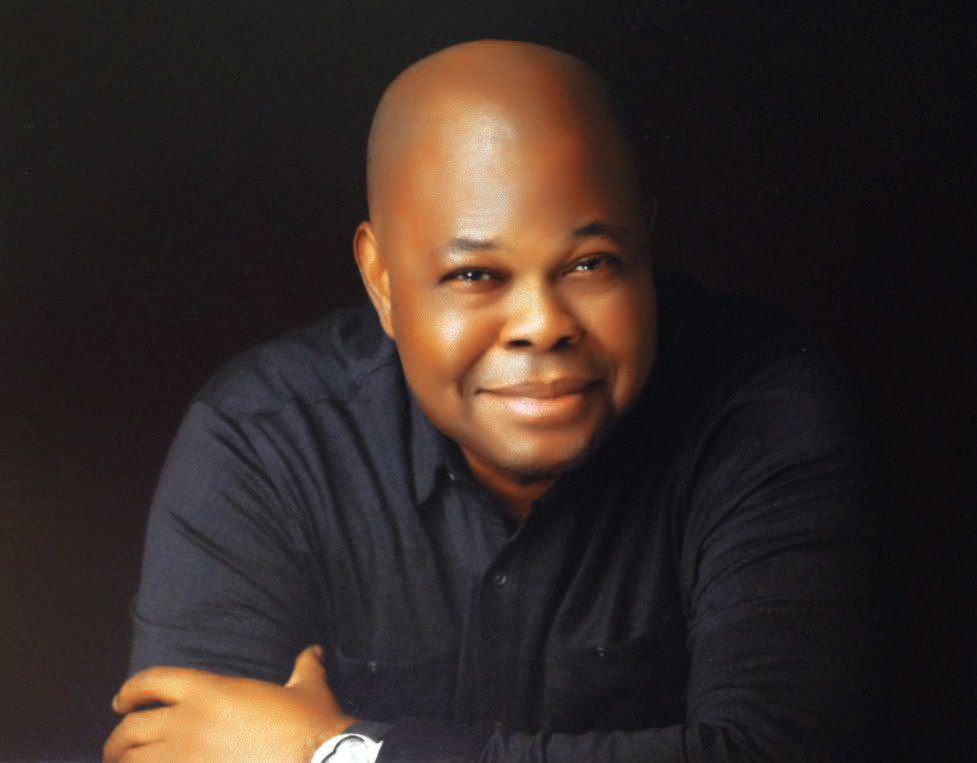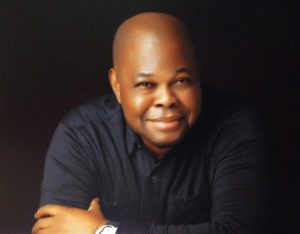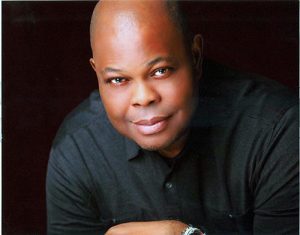Biafra: The Horrors of War, The Story of A Child – Soldier
When Okey Anueyiagu wrote “Biafra, The Horrors of War, The Story of a Child – Soldier”, it struck a nerve in the readers. It became a storytelling so critically assuring and involving that it has become difficult and hard to imagine anyone reading it without being mesmerized.
This book provides a genuinely radical new highlight and insight into that sordid war and fits so tightly with great illumination at this riven and pivotal moment in the history of Nigeria and of the world.
Living with that war and actively participating in it, breathing it and sucking in all the evilness of it, exposes Okey to all the pulses of his life and the lives of the millions that perished in that war with immense and indescribable relevance and indelible memories.
Okey Anueyiagu has pulled off something remarkable, something unmissable, unforgettable, timely and timeless.
This book portrays a classic case of one generation’s cry from the heart to another’s elusive quest for a life of bliss and tranquility. A breathless nuance of sadness, bitterness, cries and soullessness.
From reading this book, one walks away with exhilaration, questioning ourselves about, and of a story we have long thought we knew, but knew only a little.
The book begins with the author’s childhood in the ancient city of Kano, Northern Nigeria, and ends in Eastern Nigerian villages and towns with the attendant loss of 3 million Igbo and Biafran lives in the bloodiest war in recent modern times. In illustrating a vast chronicle of events in the author’s early school years, the 1966 military coups and his conscription into the Biafran army, the author uses mesmeric cadences in outlining and holding sweet and horrific experiences captured with meticulous attention to every shift in this endless story.
In conjuring all the intricate narratives culminating in the crisis and ultimately leading to the civil war, Okey Anueyiagu, cleverly creates with a moody melancholy, a narration of events as if they needed to be captured and secured before they would crumble. From the beginning of this book, the author starts to weave the story with such interconnectivity prowess linking yesterday’s events with tomorrow’s outcome, with many of the themes and dynamics of the events in such dexterous and intriguing styles.
This book’s simple language and skillful style immerses the reader spontaneously and breathlessly in the terror and immorality that was the Biafran war with the consequential agonies and hardship that the author and others from Biafra suffered. In reading this book, I discovered that the uncomplicated moral universe allows me and perhaps so many other readers to read it as a thriller with real-life values and stakes.
I could not stop reading this book and not wanting it to end. I find the narrative to be so swift and engulfing. I keep following the author and his family as they flee from Kano escaping certain death, and from one crisis onto another-like from one frying pan into another.
While reading through this captivating book, I can determine that the book’s purpose, though fiercely polemical, is also not meant to subvert expectations of the readers, or question the writer’s intention or vision. It is indeed a positively propulsive book intended not only for those who lived and died through and in the harrowing experience of the war, but for the rest of Nigerians and the world who are wondering and worried about what is happening and become of our world today, and may never have felt the fear, the agonies and desperation in their own bodies like the Biafrans did.
I believe that if you have read this book by Okey Anueyiagu, a child prodigy of the Biafran war, and you have ever loved a child; yours or anyone’s, you would fight with the last breath you have to see that the child be allowed a good future. You would give the last drop of your blood to ensure that the child is never allowed to starve to death and be left to be eaten by vultures.
In this book, I find the author delicately with pure deliberation, sketching his internal life and the lives of others and with such richness and clarity of style believably projecting readers into lives that are not theirs. Long after I finished reading this book, I have stayed up every single night thinking and feeling something close to bodily pain and excruciating agony about the sufferings and desperation of the Igbo and Biafrans.
Dr. Okey Anueyiagu has written a great book, a masterpiece that beckons its real and imagined ghost into the reader’s real body, flesh and soul. His book has filled me up with sorrow that has changed the texture of existence for me. I had never thought or imagine anything like this story before.




